Welcome to History’s Greatest Teams, our retrospective on, well, the greatest teams in soccer history. Did you know association football is over 150 years old? Somehow it is, and over that time, certain teams have risen to the top. Whether it’s a club or national team, The Center Circle thought it would be interesting to look back on those illustrious squads. If you’d like to see a team highlighted in History’s Greatest Teams, go ahead and comment below.
1998-99 Manchester United
The Manchester United team of 1999 will forever be remembered by fans as not only one of the greatest teams in the club’s illustrious history, but one of the greatest teams to ever step on the pitch. The unlikelihood of their success mixed with the exciting and attractive style of play that Sir Alex Ferguson imposed on the squad made them one of the most entertaining teams to watch. A combination of youth brought in by the famous Class of 92 and the experience of legends such as Peter Schmeichel and Roy Keane paved the way for one of the most famous seasons in the sports history.
The 1998-99 season saw Manchester United complete one of the most illusive accomplishments in club competition: the treble. Victories in the FA Cup, English Premier League and UEFA Champions League put the Red Devils in elite company. Only eight other teams to this day have ever completed the Champions League treble, but before we look at that famous final victory in Barcelona, we have to look at the players and games that made it all possible.
The Sniper
Before David Beckham became one the most famous celebrities in the world, he was a 15-year-old in the Manchester United Academy. Playing with the likes of Paul Scholes, Ryan Giggs and the Neville brothers in the academy allowed Beckham to grow and develop into the player that would eventually score highlight reel free kicks for both club and country.
The English midfielder was playing in his fourth senior season during the 98-99 campaign and his midfield partnership with players like Roy Keane formed an almost perfect balance between fierce defensive force and creative maestro. Teammates raved about Beckham’s uncanny ability to pick out the long ball and find runners no matter what. Perhaps an underappreciated part of his game, behind his amazing scoring ability from free kicks, was his knack for picking out his teammates from set pieces. On countless occasions, such as his vital assist in United’s fifth round FA Cup comeback victory against Liverpool, Beckham’s set pieces proved to be the vital services that sparked the attack for the Red Devils.
Performing on the big stage did not phase the United midfielder. In the final, and perhaps most important, game of the treble-winning season against Bayern Munich in the Champions League final it was Beckham’s corner kicks that ended up setting up both of United’s goals in one of the most famous matches in club history. Without Beckham’s services, it would’ve been almost impossible for the club to win any of the three trophies.
The Wall
Manchester United fans will consider themselves extremely lucky to have had one of the greatest goalkeepers in the history of the sport, Peter Schmeichel, standing between the pipes in 1999. This famous season would be the Danish keeper’s last in the famous green United keeper’s kit, but he made sure that it was one for the fans to remember.
Perhaps the most important save of Schmeichel’s United career came in the FA Cup semifinal replay against Arsenal. After going down to ten men due to a Roy Keane red card, a reckless challenge from Phil Neville on the edge of the area gave one of the deadliest strikers in the game’s history, Dennis Bergkamp, an opportunity to put an end to United’s treble hopes from the penalty spot. A magnificent diving save from United’s legendary keeper kept the dream alive and set the stage for Ryan Giggs’ famous game-winning goal in extra time.
Most fans only remember the two late goals United scored in the Champions League Final, but they forget the master class performance that Schmeichel had to put in to keep the deficit to just one goal. The Danish keeper captained United in that historic European final and if it weren’t for his leadership on the field, the treble may have slipped out of the club’s grasp.
Forever Young
The 2014-15 season was the first Premier League season to not feature Ryan Giggs as a player. The Class of 92 alum has forever ingrained himself in the history of United and his goal against Arsenal in the 1999 FA Cup just added to the lore that surrounds the Welshman’s career.
Aged just 26 years old, and at perhaps the peak of his career, the pacey winger was a crowd favorite for United’s Stretford End. Chants of “Giggs will tear you apart again” would rain down on the pitch whenever the Welshman started running at players and his uncanny ability to beat defenders was never more evident than when he made one of the most menacing defenses in Premier League history look foolish in one of the most important games of the season. After Schmeichel’s penalty save sent the game to extra time, a substituted Giggs got the ball on the halfway line and proceeded to sprint down the field past legends like Patrick Viera and Lee Dixon and then smashed a powerful effort past David Seaman to send United to the final.
Giggs again showed his class in the Champions League Final. In the final minutes of what looked like a defeat, it was his shot that fell to the feet of Teddy Sherringham for the equalizer. Giggs’ ability to perform on the biggest of stages and provide moments of magic are the reason that he is beloved by all United fans to this day, and his moments of magic in that miraculous season pushed the club to their amazing accomplishment.
The FA Cup
After suffering a shock exit at the hands of Barnsley in the 1998 edition of the FA Cup, fans were expecting nothing but victory in 1999. Manchester United fans, to this day, demand success from their squads. The drama that unfolded in the 1999 hunt for the cup were anything but relaxing for the fans at Old Trafford, but in the end, what else would you expect from the Red Devils?
The first real test came in just United’s second game of the tournament. After a less than ideal start to their league campaign, the team’s result against a visiting Liverpool squad had the potential to set the attitude and momentum for the rest of the season. After falling down to their historic rivals, the Old Trafford faithful would have started to doubt their young squad’s ability to claw their way to the next round. Then with less than ten minutes left in the match, the Red Devils did what they do best: score. A David Beckham free kick found the head of Dwight Yorke for the equalizer. United weren’t done, however, less than five minutes later the Norwegian super-sub Ole Gunnar Solskjaer hammered home the winner and United survived another test.
The next big test came in the semifinals against another rival in Arsenal. After a scoreless first match, the two teams met for a replay at Villa Park. A packed schedule between the league, cup and Champions League made for a fatigued United squad and they needed their best to surpass a legendary Arsenal squad. After Beckham and Bergkamp exchanged goals earlier in the match and a Roy Keane red card, things looked to be tipped for a Gunners’ victory when Phil Neville in the box hacked Ray Parlour down.
If it weren’t for a miraculous diving stop from Peter Schmeichel to deny Bergkamp, Arsenal would have surely advanced to the finals, but the dream lived on into extra time. It was in the extra period that Ryan Giggs solidified his place in United history. It was his darting effort past the Arsenal backline and hammered a finish past David Seaman that sent the Reds to the finals and set the stage for the first piece of the treble.
The FA Cup final against Newcastle United lacked the now-expected drama and excitement that had filled the fixtures prior to it. Sir Alex Ferguson’s men had already claimed a league title the weekend before the match and now had the chance to complete a domestic double. From the start, United dominated the match and looked like champions. An early goal from Teddy Sheringham followed by another crucial Scholes goal sealed the Cup and set the stage for the squad to complete the treble in Barcelona.
Champions League Final
At that point in time, it just wouldn’t have been a historic United match without an added level of drama. The English league champions dug themselves an early hole against Bayern Munich to start the final. Less than ten minutes into the match, a foul by Ronny Johnsen on the edge of the area allowed Bayern midfielder Mario Basler to smash his set piece past a helpless Schmeichel to give his side the lead.
For the remainder of the match, the Bavarians dominated the chances and United’s hope of achieving the treble appeared to be vanishing in front of their eyes. The attacking play that had defined United’s season just wasn’t there and the team’s stars looked frustrated as attack after attack was snubbed out by Bayern and their legendary keeper Oliver Kahn. The introduction of Sheringham and Solskjaer paired with a tactical move of Beckham to the wing seemed to finally awaken the United form that had claimed two trophies already.
As the fourth official held up the board to display just three minutes of added time, United still found themselves with a one-goal deficit. A storming run down the wing from Beckham gave United its first late corner of a now historic three minute span. Schmeichel sprinted up to the opposing penalty area to give United one more attacker in the box. Beckham’s cross bounced around the crowded penalty area and eventually found the feet of Ryan Giggs on the edge of the area. Giggs fired a desperation shot towards Kahn and United substitute Teddy Sheringham was able to redirect Giggs’ effort into the back of the net and equalize for the English champions.
The drama wasn’t done, however. As players and fans mentally prepared themselves for extra time, Manchester United again found themselves with a late corner. Again, David Beckham stepped up for the set piece. In the last minute of stoppage time, the English midfielder delivered what may be the most significant cross in United’s history. A leaping Sheringham flicked the ball towards the net and it was the other sub, Ole Gunnar Solskjaer that applied the final touch to put the ball in the back of the net and give Manchester United its first European triumph since the days of Bobby Charlton.
Sir Alex’s Historic Influence
It is impossible to talk about the success of this team without talking about the managerial genius that Sir Alex Ferguson brought to the club. Despite criticism and pressure from fans and media, Ferguson maintained confidence in his players despite their youth and inexperience throughout their early careers and they repaid his faith tenfold. This treble-winning campaign saw Ferguson claim his fifth Premier League title, fourth FA Cup title and first ever Champions League triumph.
These three trophies are just a piece of the historic legacy that the Scottish manager left at the club. It wasn’t until 2013 that Ferguson finally retired from the sport after almost 40 years of managing with 27 of those at United. During his illustrious tenor at the club, Ferguson accomplished what many United fans call “the Impossible Dream”, claiming over 38 titles for the club.
Since the famous treble of 1999, no other English team has been able to match the accomplishments of this Manchester United team. This historic campaign solidified United’s reputation as a member of Europe’s elite clubs and opened the door for the club to attract world class players such as Cristiano Ronaldo and Ruud Van Nistelrooy in future years. Perhaps the most important thing in this campaign was how Manchester United ingrained the never-say-die attitude in their minds. Even today, no matter what the scoreline, fans and opposing teams always know that United will fight until the very end.


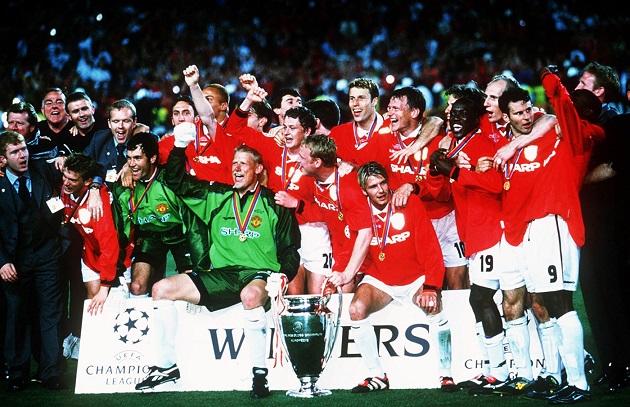

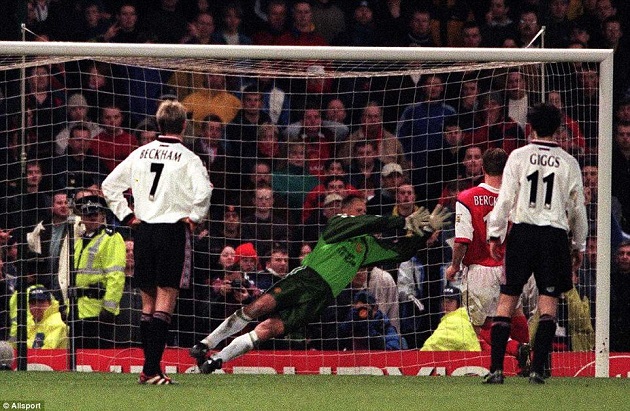
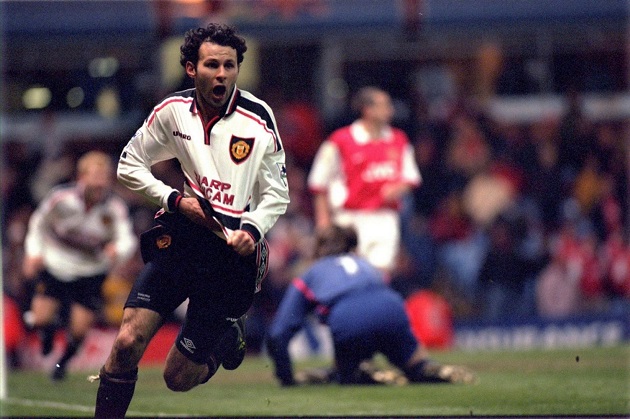
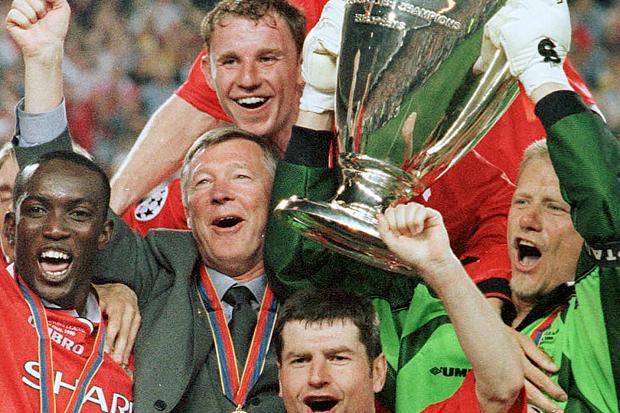
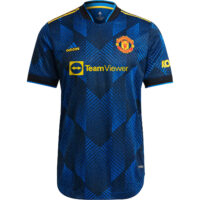
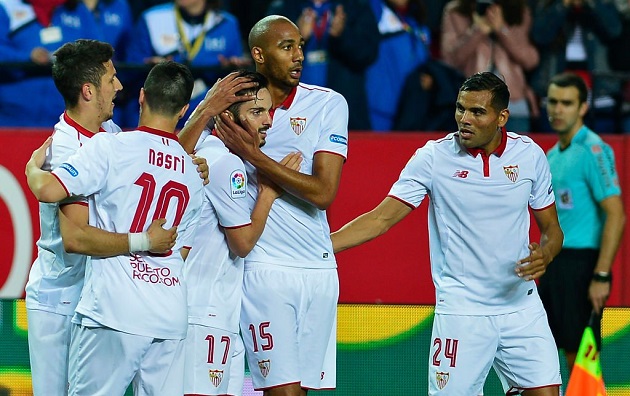
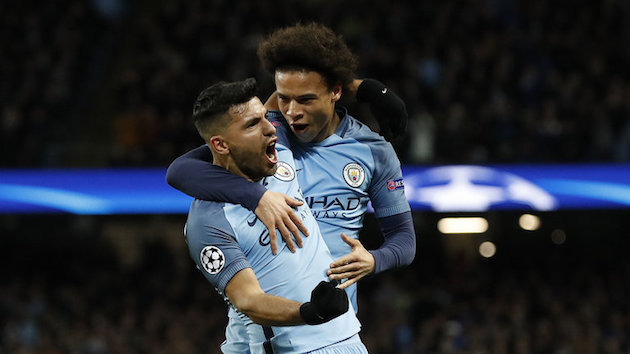
at 13:16
man united indeed a supreme club